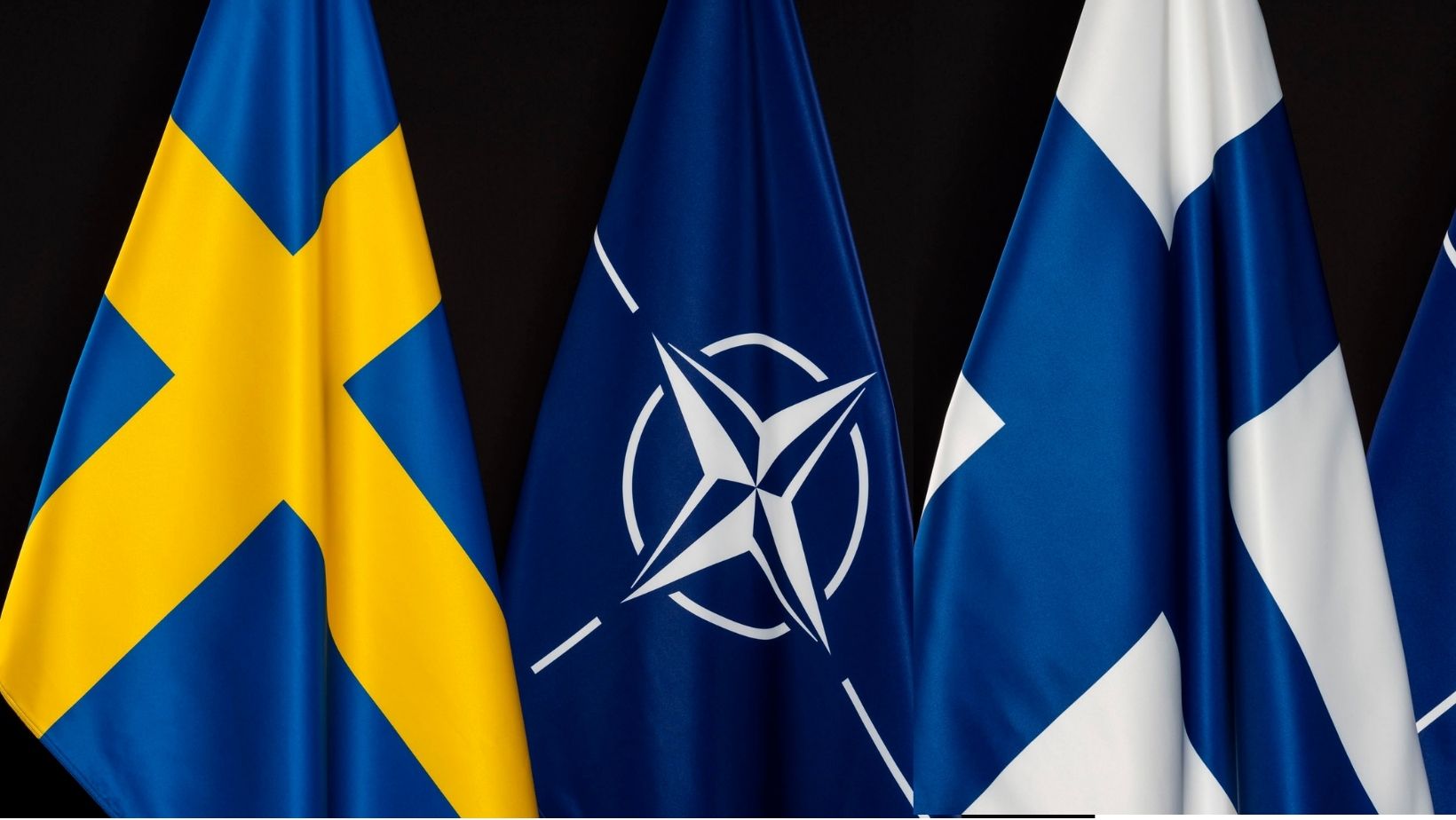In many ways, the NATO summit in Vilnius was a historic event that sealed a new security architecture. This will strengthen the safety of Poland – writes Bartosz Siemieniuk, contributor to BiznesAlert.pl.
After months of negotiations, Sweden got the green light from Turkey to join the Alliance. It should be remembered that this is a country with a very well-developed arms industry and a well-organized army, which is also compatible with NATO troops. However, the greatest value that Sweden will bring to the Alliance and, above all, to the security of Poland and the Baltic States is its geographical location.
Sweden has weapons
After the end of the Cold War, for over 30 years the country enjoyed a global security architecture built by the United States. This allowed the Swedes to remain neutral, placing greater emphasis on improving the quality of life. However, this decision did not result in a complete reduction of the Swedish Armed Forces. On the contrary, Sweden has a very modern and well-organized military, supported by a developed arms industry, whose jewel in the crown is the SAAB concern.
The Swedes have the ability to produce unique types of military equipment such as JAS 39 Gripen fighters, submarines that have successfully attacked American aircraft carriers in war maneuvers, AWACS early warning aircraft and effective artillery, with Archer self-propelled howitzers on top of the list.
It is worth mentioning that after the annexation of Crimea by Russia, Stockholm began to see that the existing international order was starting to crumble. The Russian Federation rejected the existing security architecture, wanting to start building a new system much more friendly to itself. Sweden’s geographical position has made it clear that the challenges of rising tensions in Europe will not go unnoticed.
Scandinavian game changer
Defending the Baltic states posed a big challenge for NATO analysts and strategists. Their location is highly unfavorable, with Russia and Belarus on the border. The only land crossing connecting them with the rest of the Alliance is the 100-kilometer Polish-Lithuanian border, also called the Suwałki Gap.
The Baltic states have always been considered NATO’s Achilles heel. Their geographical location is very inconvenient and they lie close to the Kaliningrad region, which is armed to the teeth with S-400 air defense systems and Bal and Bastion anti-submarine missiles. This complicates the defense plans of the Baltic states, which have to include offshore and air support from the Alliance members.
The possible occupation of Lithuania, Latvia and Estonia by Russia will undermine the pillar of NATO credibility that is article 5. This could even result in the Alliance collapsing as it would be unable to ensure security to its members. At the same time, it would end the leading role of the United States.
NATO’s internal sea
Until now, Poland was supposed to be the first country to offer aid in case Russia and Belarus attack. Finland and Sweden joining NATO completely changes the security architecture inside the Baltic Sea. In case of an attack it will be possible to ensure support especially when it comes to maritime logistics. The Russian Baltic Fleet will be de facto blocked in the Gulf of Finland and the Strait of Baltiysk off the coast of Kaliningrad.
Apart from that, the access to the Baltic is controlled by Denmark which guards the Sund Strait and the Great Belt, which means Russians will not be able to move their ships to the ports in Baltisk and Donskoye in Kaliningrad.
NATO having total control over the sea also means that the airforce, especially the American airforce will have it easier. It would probably be deployed to Norway, which could use the Danish island of Bornholm and the Swedish island of Gotland. In particular, the latter is important for controlling activities around the Baltic states and the Kaliningrad region itself.
In addition, the Alliance’s total dominance in the Baltic increases protection for power plants located offshore and by the sea, which are vulnerable to diversionary attacks, as in the case of the Nord Stream gas pipelines. Joint maritime patrols will make it easier to control incoming and outgoing vessels from Russian ports.
Poland will be safer
The accession of Sweden and Finland to NATO is very beneficial for the security of Poland. This protects its northern operational direction and to some extent will relieve the defense of the Baltic states. This also reduces the importance of the Suwałki Gap by creating new lines of support. In addition, the alliance now includes a country with which Poland is increasingly strengthening cooperation in the military and armament sphere.
During the Aurora 23 maneuvers, which were the largest military exercises in Sweden since the end of the Cold War, Polish soldiers had the opportunity to better coordinate their actions together. Other NATO countries such as Germany, France and Norway also took part in the maneuvers.
Importantly, the Polish Ministry of Defence is increasingly considering the Swedish arms industry as a supplier of equipment for Polish soldiers. Swedish SAAB has been awarded a contract to build two electronic reconnaissance ships under the Delfin program and they will be built in cooperation with a Gdańsk shipyard called Remontowa Shipbuilding. In addition, SAAB participates in the ORCA program, which involves the acquisition for the Navy submarines, offering its new project A26.
The most valuable thing will be a new geopolitical agreement, which will be very beneficial for Poland, since the Baltic coast will be protected by two developing navies, especially in the field of submarines from the Swedish side. The geopolitical situation is starting to look pretty well for Poland. This leads to even greater reflection on the issue of Polish foreign policy. Establishing close cooperation with the Scandinavian countries can be extremely beneficial for Poland both economically and militarily.

 PL
PL EN
EN






